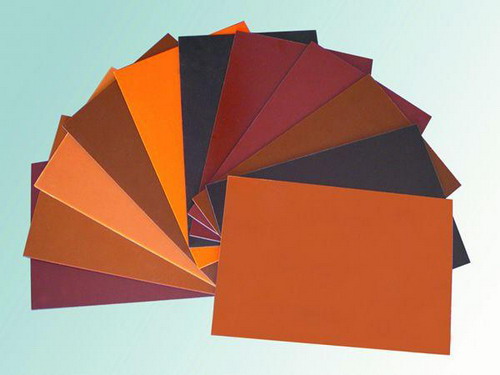Bakelite

Bakelite is an early plastic. It is a thermosetting phenol formaldehyde resin, formed from an elimination reaction of phenol with formaldehyde. It was developed by Belgian-born chemist Leo Baekeland in New York in 1907.One of the first plastics made from synthetic components, Bakelite was used for its electrical nonconductivity and heat-resistant properties in electrical insulators, radio and telephone casings, and such diverse products as kitchenware, jewelry, pipe stems, firearms, and children's toys. Bakelite was designated a National Historic Chemical Landmark in 1993 by the American Chemical Society in recognition of its significance as the world's first synthetic plastic.[1] The "retro" appeal of old Bakelite products has made them collectible.










